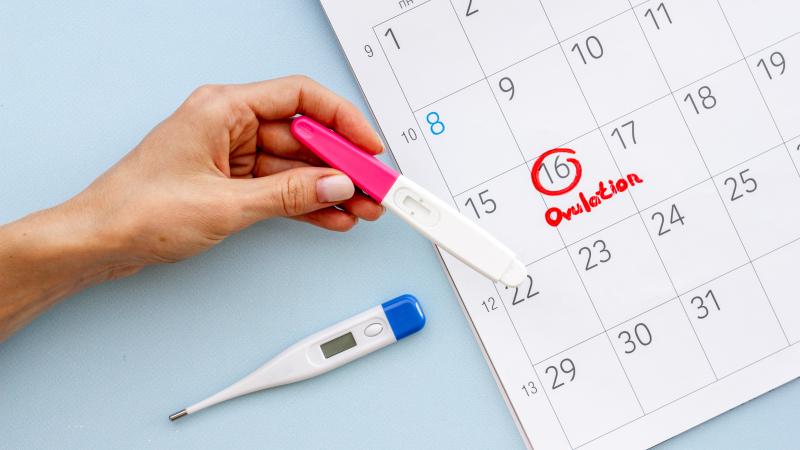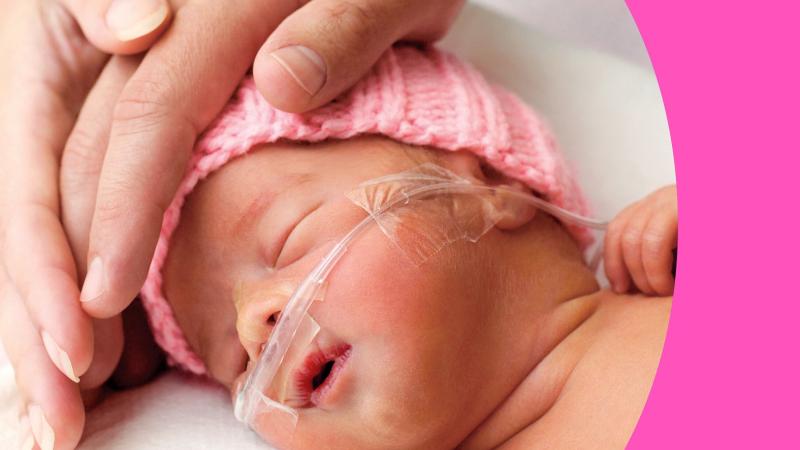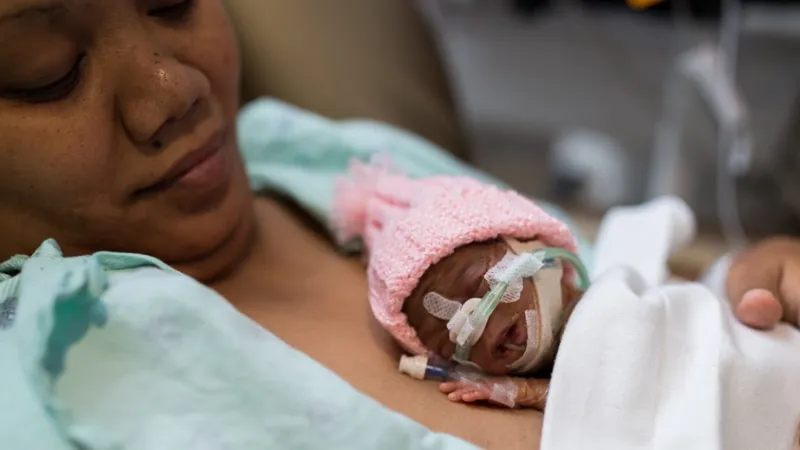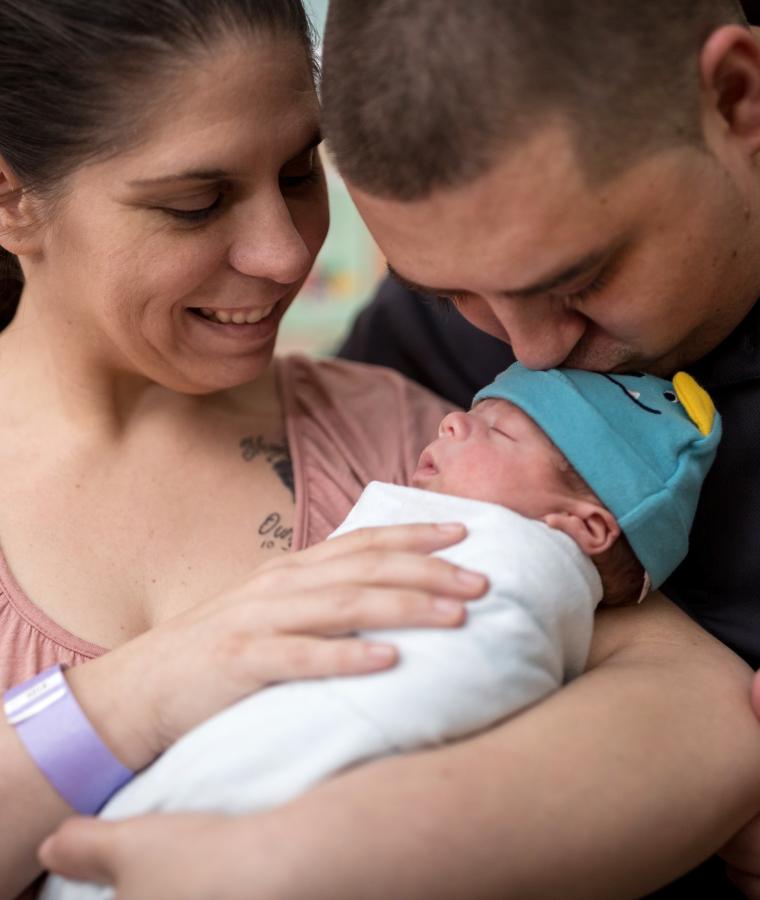Resources and materials for your pregnancy journey
Many parents and parents-to-be face a world of unknowns, but they all want a healthy and strong start. That's where we come in. Find the topic below that you want to learn more about.
We’re there for you—wherever there is for you
Programs and resources like Healthy Babies are Worth the Wait®, Becoming a Mom/Comenzando bien®, and NICU Family Support® provide families in communities across the country with support throughout their pregnancies and into parenthood.
March of Dimes provides tools to help each family get a healthy start.
Browse these tools and the Compass app to find resources that can help maintain a healthy course for pregnancy through postpartum.
One in nine newborns covered by commercial health insurance is born premature. Use this estimator to calculate how much premature birth is costing your business or to learn more about premature birth.

Use your voice to promote health equity
Join us in shaping national and state policies that prioritize ensuring safe, affordable, sustainable, and intentionally equitable access to care that advances safe motherhood and healthy pregnancy outcomes.








